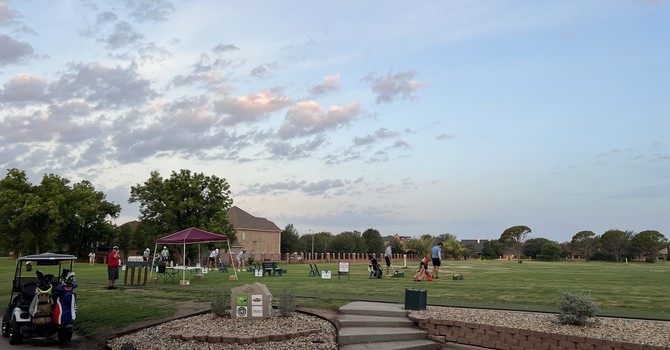Lifting Heavy as You Age: Why You Shouldn’t Trade Strength for Safety
"I used to lift heavy, but now that I’m older, I just do light weights and more reps.”
I hear this often — especially from men 40+ who want to stay active but believe heavy lifting is dangerous or unnecessary as they age.
Here’s the truth:
You don’t have to give up lifting heavy as you get older — and you probably shouldn’t.
Research continues to support what I’ve seen in practice:
Maintaining strength with heavier resistance training leads to better muscle mass, stronger bones, more stable joints, and reduced injury risk — all things that matter more as we get older.
What “Heavy” Really Means
Let’s clarify — “lifting heavy” doesn’t mean 1-rep max deadlifts every week. It means training with enough resistance to challenge your body.
That might look like:
-
6–10 reps at a weight that requires focus
-
Slower tempo to control movement
-
Incrementally increasing resistance over time
This kind of training builds real, lasting strength — the kind that helps you move confidently, avoid injury, and stay capable outside the gym.
What the Research Actually Shows
Contrary to the myth that older adults should only do light weights, the current evidence strongly supports resistance training — including heavier loads — as safe and effective for aging populations:
1. Resistance Training for Older Adults (NSCA, 2019)
This position statement from the National Strength and Conditioning Association emphasizes that moderate to high-intensity resistance training improves muscle mass, strength, bone density, and physical function in older adults — and reduces the risk of falls, frailty, and injury when appropriately prescribed.
Citation: Fragala MS, Cadore EL, Dorgo S et al. Resistance Training for Older Adults: Position Statement from the NSCA. J Strength Cond Res. 2019.
2. High-Intensity Resistance for Bone Density (LIFTMOR Trial)
In the LIFTMOR trial, postmenopausal women completed 8 months of high-intensity resistance and impact training (including deadlifts and squats) and saw significant increases in bone mineral density, functional strength, and confidence — with no serious injuries.
Citation: Watson SL, Weeks BK, Weis LJ, Horan SA, Beck BR. High-Intensity Resistance and Impact Training Improves Bone Density and Function in Postmenopausal Women. J Bone Miner Res. 2018;33(2):211‑220.
Why People Blame the Weight
You lift heavy. Your back tightens up. Your shoulder flares up.
So naturally, you blame the weight.
But in reality, the weight was probably just the trigger, not the cause.
The real issue is usually something deeper:
-
Poor mobility in the hips or shoulders
-
Weak stabilizers (like core or rotator cuff)
-
Inconsistent technique
-
Not recovering between sessions
If your car’s alignment is off, it’s not the speed that’s the problem — it’s the steering.
Why Strength Still Wins as You Age
Here’s why heavier, structured strength training matters — even more after 40:
Preserves lean muscle (crucial as metabolism slows)
Stimulates bone growth and protects against osteoporosis
Improves insulin sensitivity and metabolic health
Reduces fall risk by improving power and balance
Supports healthy joints by reinforcing stability under load
Lighter weight/high-rep training has value too — especially for endurance or accessory work. But it doesn’t replace the stimulus your body needs to stay strong, resilient, and adaptable over time.
“But I Don’t Want to Get Hurt”
Totally fair — and that’s where smart guidance comes in.
Lifting heavy doesn’t mean going it alone or maxing out every week.
It means loading your body appropriately, with good mechanics, adequate recovery, and progressive programming.
At Fortify Chiropractic here in Lubbock, I help patients build strength that supports how they want to live — whether that means lifting pain-free again, playing golf with more power, or staying active with your kids and grandkids.
Final Takeaway
Don’t let outdated advice or past injury scare you away from strength.
You don’t have to stop lifting heavy as you age — you just need to do it right.
And if something doesn’t feel right, maybe it’s not the weight.
Maybe it’s your mechanics, your recovery, or a piece of the puzzle that needs attention.
That’s where the real progress starts.
Fortify Chiropractic | Lubbock, TX
Helping you move better, lift stronger, and stay active — for the long haul.
Dr. David Farley
Contact Me


